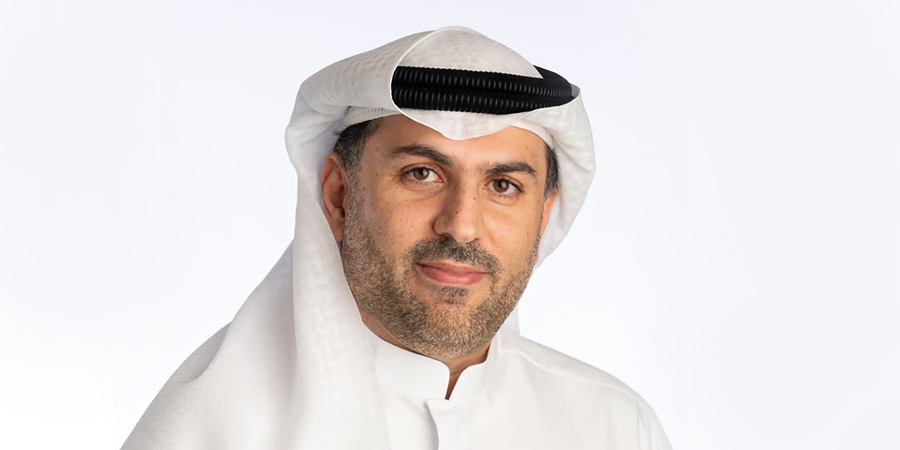The Telecommunications and Digital Government Regulatory Authority (TDRA) has announced the nomination of H.E. Eng. Mohammed Al Ramsi, TDRA Deputy Director General for the Telecommunication Sector, as Chairman of the World Radiocommunication Conference (WRC) 2023, one of the largest global platforms of the International Telecommunication Union (ITU), hosted by the United Arab Emirates at the Dubai World Trade Center from November 20 to December 15, 2023.
World Radiocommunication Conferences are held every four years, and their main task is to review and revise the Radio Regulations, the international treaty governing the use of the radio-frequency spectrum and the geostationary satellite and non-geostationary satellite orbits. Revisions are made on the basis of an agenda determined by the ITU Council, which takes into account recommendations made by previous world radiocommunication conferences.
Also read: TDRA Represents UAE at the WSIS Forum
H.E. Majed Sultan Al Mesmar, TDRA Director General, praised this step, saying, “Emiratis have always proven their ability to lead major global platforms and events, whether inside or outside the country. This is due to the culture of empowerment that our wise leadership has established by trusting Emirati youth to seize the helm of management and leadership in various fields, foremost of which is the ICT sector, which is the cornerstone of future-making programs and the establishment of a digital knowledge economy and society.
“In this context comes the candidacy of His Excellency Eng. Mohammad Al Ramsi to chair this great international conference. I am confident that the WRC, hosted by the UAE and headed by an Emirati, will be a milestone in adopting important decisions at the global level regarding issues of radio regulations, use of frequency spectrum and others,” Al Mesmar added.
The World Radiocommunication Conference (WRC) undertakes several tasks, mainly the revision of the Radio Regulations, including the decisions taken by the previous Conference sessions and relevant amendments or procedural rules. The Conference also undertakes the task of allocating the frequencies used in countries and regions of the world. It is well known that wireless communications today are an important element in the management of many sectors, including education, health care, planning and manufacturing. The Conference will also address emerging technological innovations and discuss their frequency needs, which contribute to the development of the future digital economy and the establishment of smart cities.
Also read: TDRA Showcases Spectrum Management Initiatives at Major Global Event
Radio frequencies have many uses in our contemporary daily lives, such as wireless broadband communications, mobile phone communications, communication between ships in the seas as well as between flying aircraft and communication between satellites and ground stations. In these and other cases, the reference is the Radio Regulations adopted by the WRC.
The number of participating delegates in the WRC is about 4,000, from the 193 member states of the ITU. Additionally, representatives of the 278 members of the ITU Radiocommunication Sector, representing stakeholders including equipment manufacturers, telecom companies, network operators, international organizations and forums, will participate as observers, in addition to representatives of UN agencies, regional telecom organizations and relevant intergovernmental organizations.
The general scope of the WRC agenda is drawn up several years in advance, while the ITU Council sets the final agenda two years before the conference with the approval of the majority of Member States. The conference performs the following tasks: revising the radio regulations and any associated frequency assignment and allotment plans; addressing any radiocommunication matter of worldwide character; instructing the Radio Regulations Board and the Radiocommunication Bureau and reviewing their activities; and determining questions for study by the Radiocommunication Assembly and its study groups in preparation for future radiocommunication conferences.
